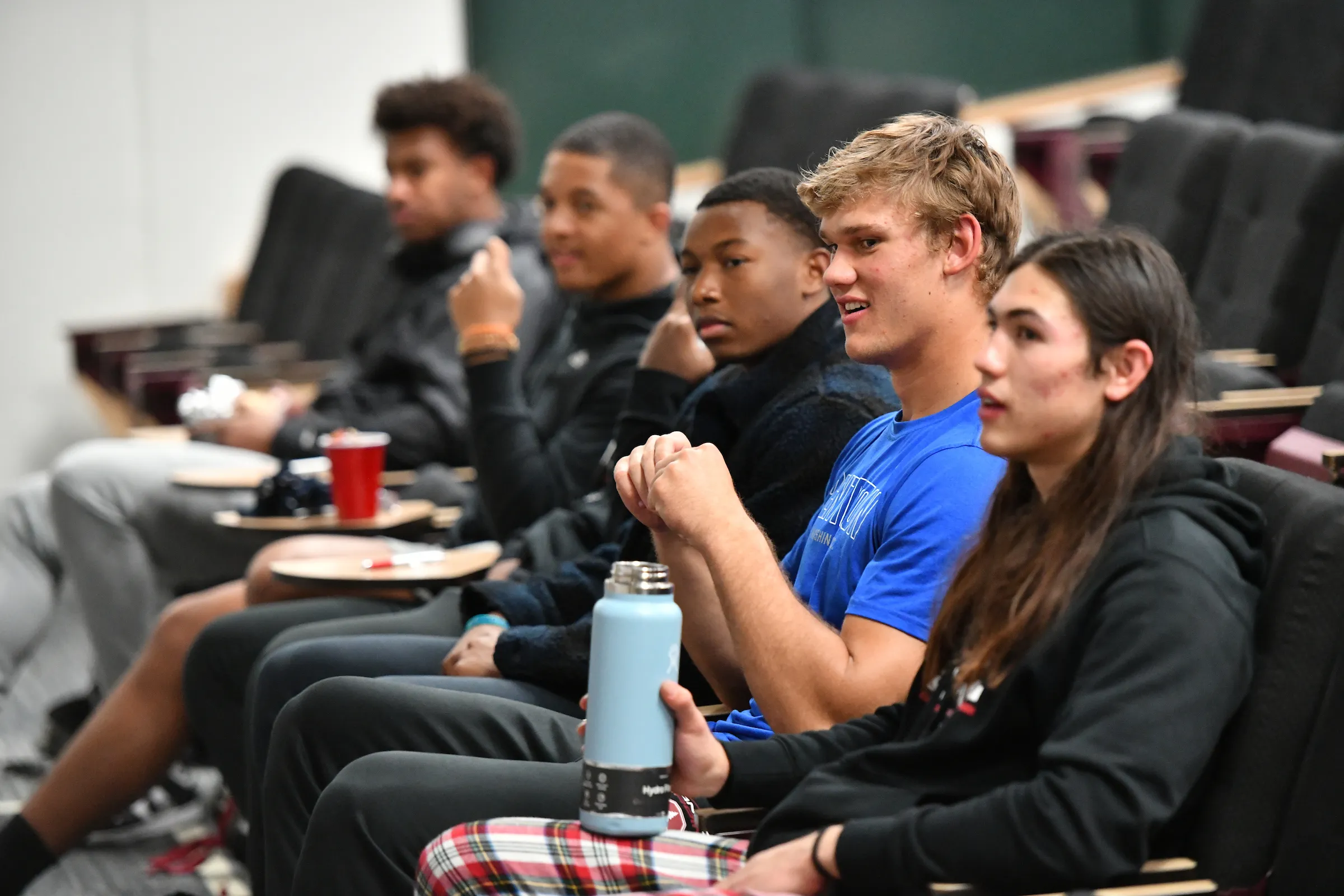Stanford Athletics Stanford Athletics announced on Feb. 1 that it will partner with Altius Sports Partners (ASP), signaling a broader shift in NIL strategy that engages more with name, image, likeness (NIL) collectives — including with the appointment of a general manager for NIL.
When states first began allowing student-athletes to capitalize off of NIL in 2021, many boosters formed NIL collectives to financially support student-athletes. Among these was Lifetime Cardinal, the collective created by Stanford alumni and former student-athletes in 2023.
But Lifetime Cardinal is not officially associated with the University. Stanford was one of the only Power Five schools to not engage with a booster-backed NIL collective in 2023, with the University taking a cautious approach to NCAA-permitted interactions with NIL collectives.
The new ASP partnership may signal a shift in that approach. According to ASP President Andrew Donovan, the company intends for Stanford Athletics to engage with Lifetime Cardinal while creating robust in-house programs to establish a comprehensive NIL program at Stanford.
“It would be naive for us to enter this partnership and not pay attention to what is already in place,” he said.
Jacquelyn Kulgevich, the deputy director of student athlete success, concurred on the importance of existing organizations and relationships.
“Our network is so valuable,” Kulgevich said. “We want to ask ourselves, ‘What does our communication and engagement with collectives look like? How can we house programs that are complementary to what these groups are doing for student athletes, rather than competing with them?’”
While the athletics department will start to engage with Lifetime Cardinal, it remains unlikely that Stanford will join other universities in the pay-for-play domain.
“The way NIL is handled at some [other institutions] is antithetical to Stanford’s core values mission,” Kulgevich said. “Our partnership with Altius is about bringing in subject-matter experts to help us understand different ways that NIL can operate and how we are doing in terms of student-athlete education, branding and financial literacy.”
The athletics department also plans to revamp some of its existing in-house NIL programs, including Cardinal Connect, an in-house educational program that taught athletes about NIL and provided them with professional development resources to guide their decisions. The program has been on pause since May 2023, according to Kulgevich.
As Stanford evaluates how to enter the NIL space, the new general manager position will play a key role in realizing new NIL strategies. The goal of the position, according to Donovan, is to focus on student-athletes’ professional development and connect them to opportunities that will best serve their priorities.
“This [partnership] isn’t just about generating revenue. It is about creating relationships, building networks and developing real life professional skills,” Donovan said. “True to the educational mission of Stanford, the real goal of ASP is to help athletes find opportunities for themselves.”
ASP, which has partnered with over 40 schools across the United States, is a consulting service that helps universities navigate the evolution of the collegiate athletics space. Founded in the fall of 2020, it seeks to keep administrators and student-athletes “up to speed with the best practices and pain points to drive strategy to support athletes,” according to Donovan.
The general manager will work closely with various Stanford stakeholders, including athletes, coaches, donors and local businesses, to manage all NIL-related aspects of the athletic program. Kulgevich said the most important quality the University is looking for in a potential manager is a knack for “human connection.”
“We’re looking for somebody who understands and believes in the student-athlete,” Kulgevich said. “Somebody who understands the changing landscape and can navigate between different cohorts, from faculty to collectives.”
The position, according to Donovan, is designed to “meet the school where they are and help them get to where they want to be,” through client services and educational programs for student-athletes.
Stanford, the NCAA leader in national championships, is home to 36 varsity athletics programs — with student-athletes comprising around 12% of the undergraduate population. Donovan said ASP’s objective is to help each athlete tell their unique story, learn how to market themselves and partner with brands and organizations that align with their values.
“Our strategy is not at all one-size-fits-all, and it’s up to Stanford athletes to decide how interested they are [in NIL opportunities],” he said. “We just want to meet athletes where they are and understand their priorities.”
